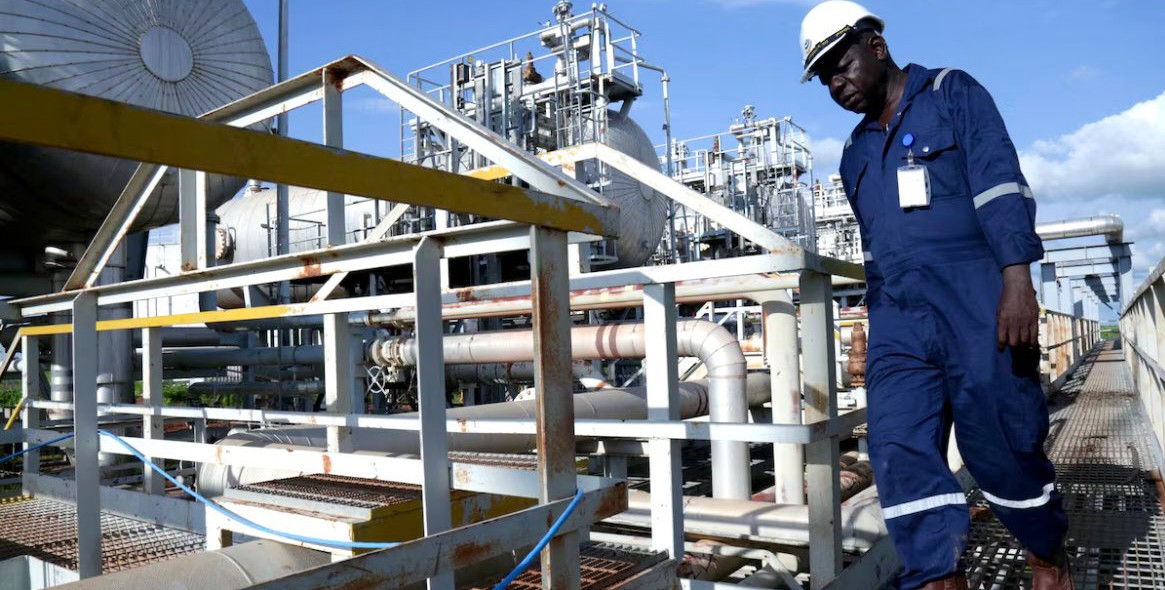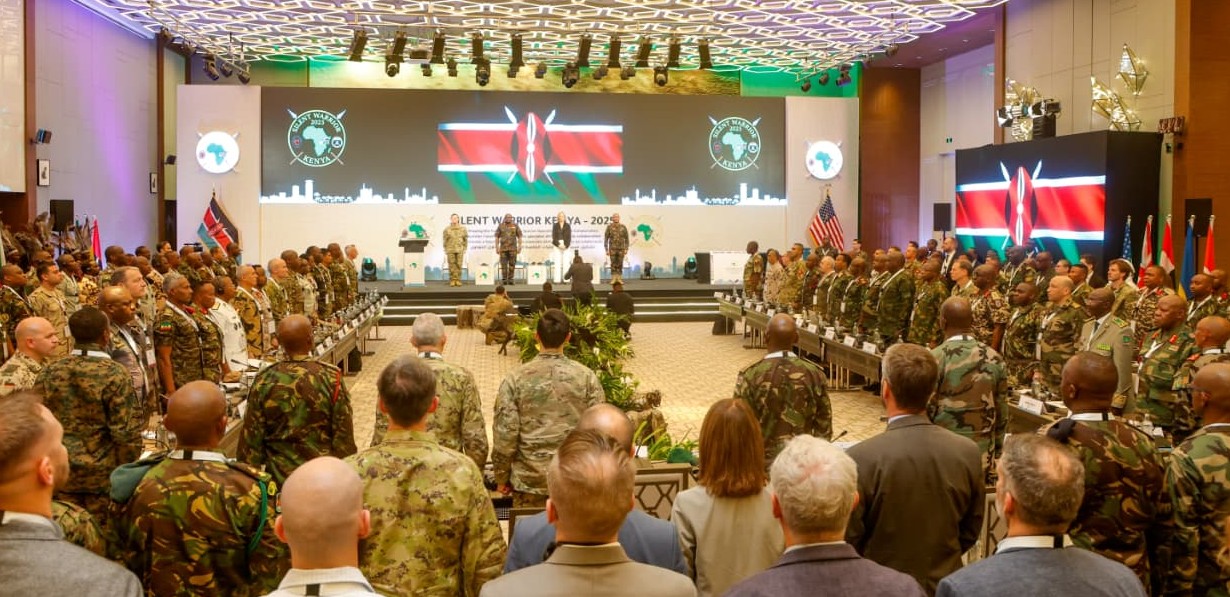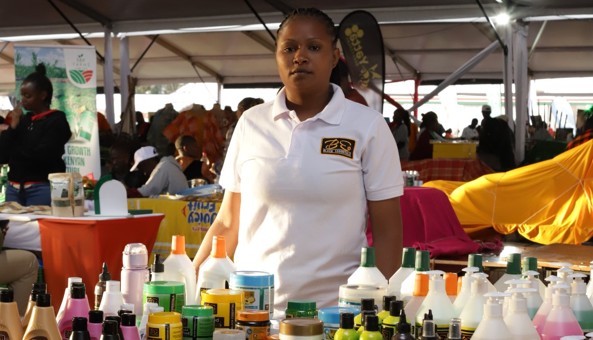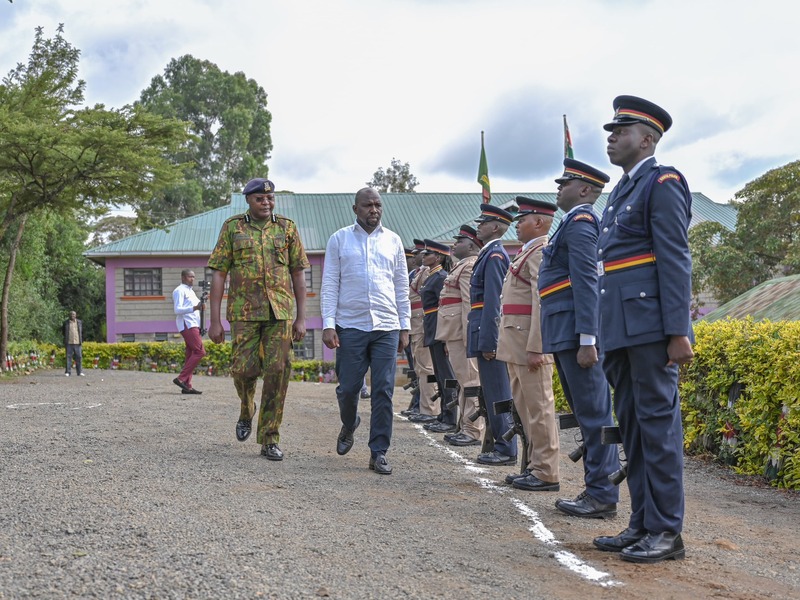Construction of Sh464bn Nairobi–Mombasa expressway starts in 2026, road to be built without taxpayer funds

The 459-kilometre toll road is designed to reduce travel time between the two cities from over ten hours to just four and a half.
The Sh464 billion expressway connecting Nairobi and Mombasa will be built without public funds, with construction set to start in early 2026 once final approvals are in place.
The project, named Usahihi Expressway, will be developed by a US private equity firm, Everstrong Capital, through a public-private partnership that removes any financial risk to the government or taxpayers.
More To Read
- KeNHA set to ease holiday traffic with partial opening of Mombasa–Malindi highway
- KeNHA invites Kenyans to Friday’s launch of the Rironi–Mau Summit highway upgrade
- KeNHA orders removal of illegal structures, unapproved billboards along highways
- Kenya secures Sh407 million grant to upgrade Mau Summit–Malaba Road
- Mombasa Road to temporarily close Sunday for World AIDS Day half-marathon
- MPs fault State officers over mismanaged road projects
The 459-kilometre toll road is designed to reduce travel time between the two cities from over ten hours to just four and a half.
Everstrong Capital on Monday evening submitted a full feasibility study to the Kenya National Highways Authority (KeNHA), confirming the expressway is ready for investment and execution.
The company plans to begin construction in the first quarter of 2026, pending timely approvals.
To raise the needed Sh464.8 billion, the developer is relying on both foreign and local investors. About Sh129.1 billion will be raised from Kenyan financial institutions, including pension funds, insurance firms, investment banks, and commercial banks.
CPF Capital & Advisory Ltd., a subsidiary of CPF Group, is leading this fundraising through the PACK Hunters Club.
PACK Hunters Club is a consortium bringing together the Association of Pension Trustees and Administrators of Kenya, the Fund Managers Association, and the Kenya Association of Stockbrokers and Investment Banks.
The group plans to raise capital from financial markets and establish a new model for infrastructure funding in the country.
“This expressway is more than just a road. It is a promise of opportunity, safety and national growth, serving as a model of a public-private-partnership done right in line with Kenya’s leadership’s commitment to not burden the taxpayers with more debt,” said CPF managing director and CEO Hosea Kili.
The Usahihi Expressway, named after the Kiswahili word for “done correctly”, will be a four-lane dual carriageway with seven toll stations.
The road will be tolled, and the developers will be responsible for financing, construction, tolling, operation, and maintenance for 30 years. This includes a construction period of three to four years.
Kyle McCarter, former US Ambassador to Kenya and now a partner at Everstrong Capital and chair of the expressway company, said five contractors have already been identified for the project. Land acquisition, which will cost about $100 million (Sh12.9 billion), is included in the budget.
“We expect to get through with the PPP process and approvals in the next two months and hope to get financial close by the end of this year to pave the way for the groundbreaking in early 2026,” McCarter said.
According to Business Daily, motorists will be charged between Sh12 and Sh13 per kilometre to use the expressway, making it cheaper than the current Nairobi Expressway, which charges about Sh18 per kilometre.
The total cost for a full trip between Nairobi and Mombasa is estimated at Sh5,280 or more, and this flat rate will apply to all vehicle types.
McCarter noted that the toll charges could go down further depending on how much construction costs are reduced. “As you know, right now, the current expressway is Sh18; it started at Sh13, now it’s Sh18. We’re going to be below what the current expressway is charging,” he said.
“We’re optimising that toll rate to lower the charge as much as we can by lowering the cost of construction. The more we save, the more the toll rate goes down,” he added.
While the current Mombasa-Nairobi Highway will remain open for those who do not wish to use the new toll road, the Usahihi Expressway is expected to provide faster and more efficient travel.
Trucks transporting cargo between the Port of Mombasa and Nairobi will also have direct payment accounts in US dollars.
Unlike previous projects, the government will not provide land for the road. “The Kenyan government is not providing us with land for this road. Usahihi is purchasing the land, and we will purchase around $100 million (Sh12.9 billion) worth of land. It’s hard to say the acreage right now because we’re still trying to optimise the design,” said McCarter during the launch of the feasibility study.
To support the financing plan, Usahihi signed a deal in February this year to raise $1 billion (Sh129.1 billion) locally, with CPF Capital and Advisory taking the lead role in mobilising the funds and providing transaction advice.
The expressway will feature several additional amenities, including rest stops, wildlife observation points, and electric vehicle charging stations. It will also serve as a key trade route between Nairobi and Kenya’s largest port city, supporting economic activity and easing congestion on the existing route.
Usahihi is banking on heavy trucks, which make up most of the traffic along the corridor, to contribute up to 75 per cent of toll revenue. The road will remain under the management of the US developer for 30 years before being handed over to the government.
Top Stories Today













































